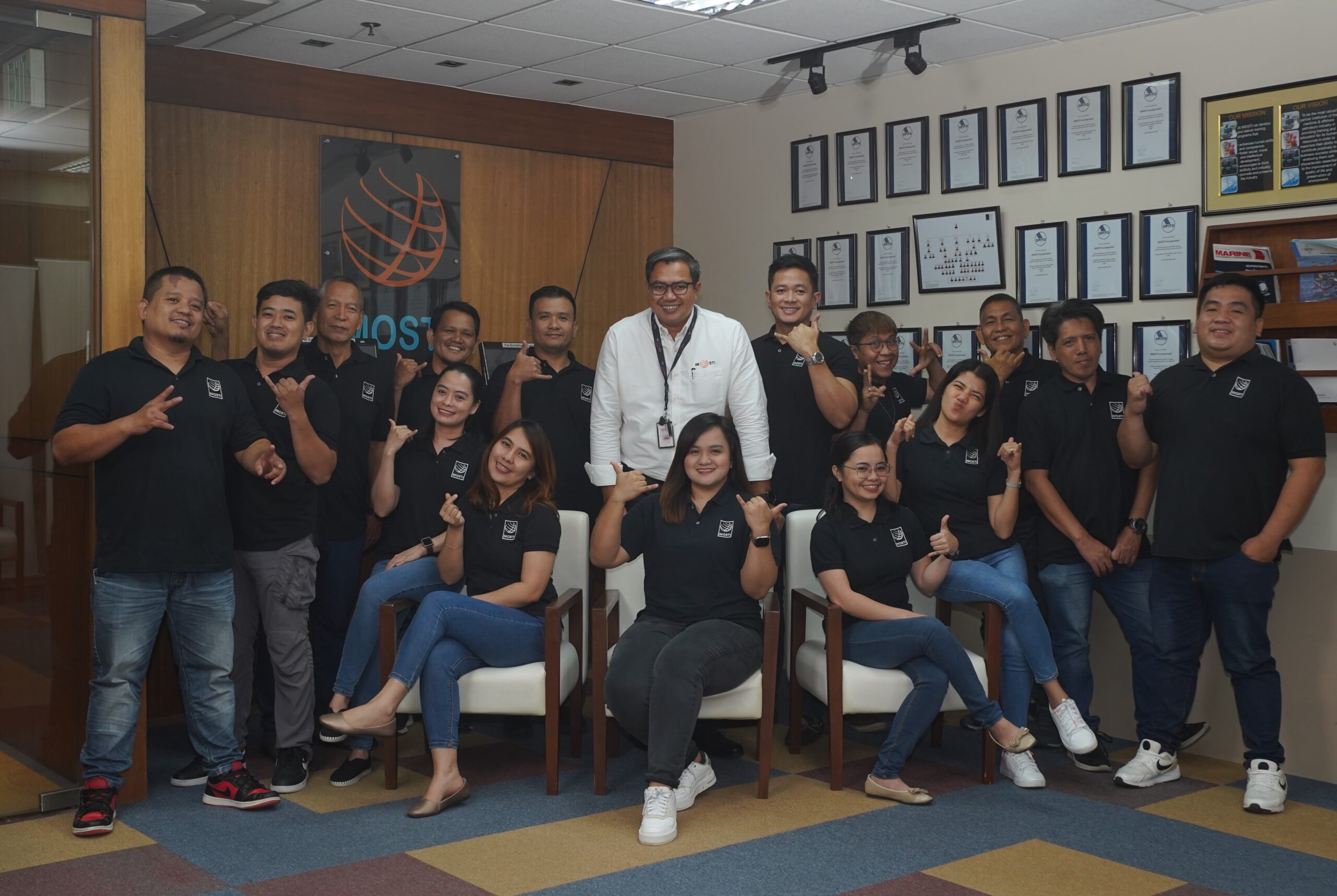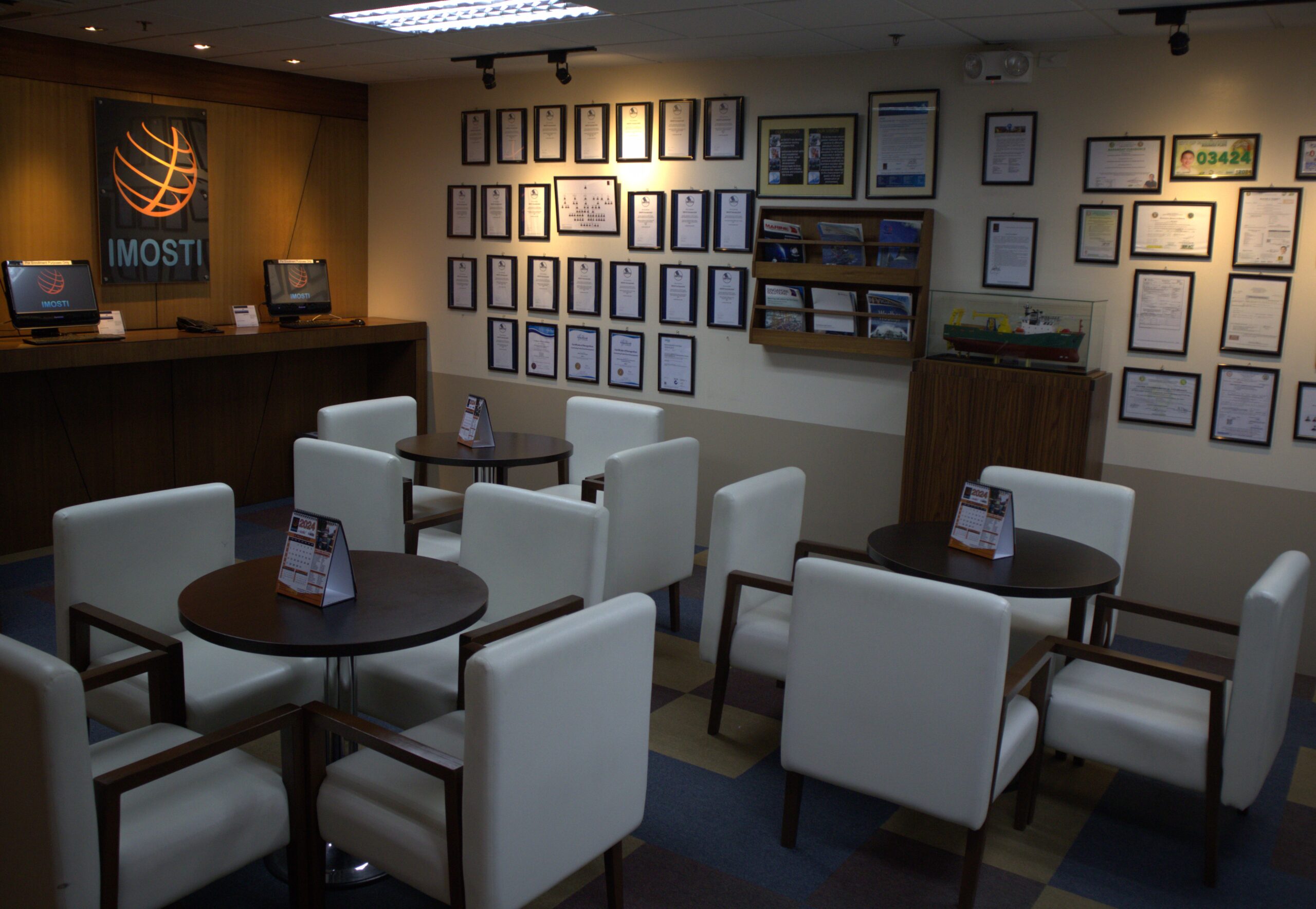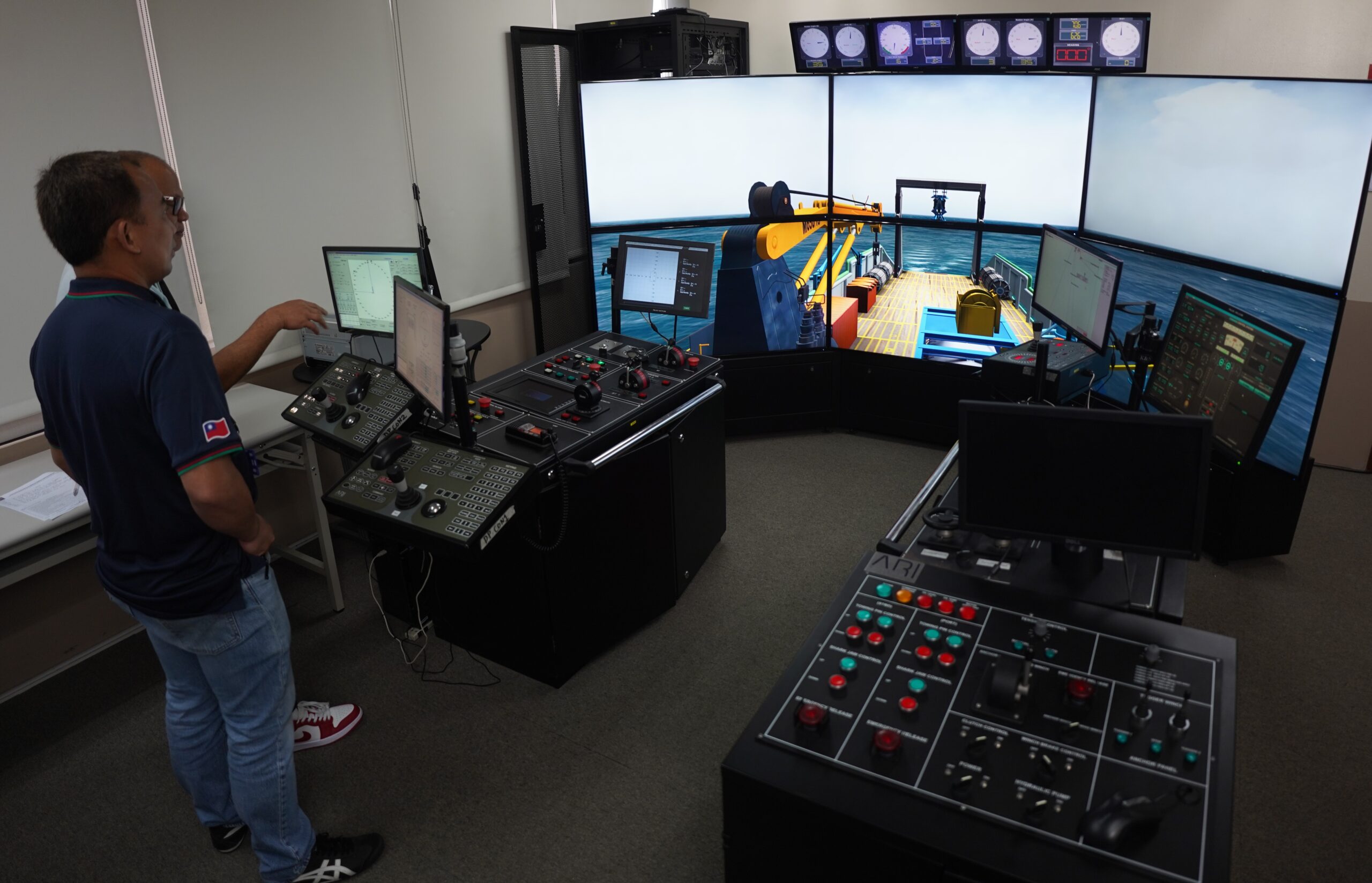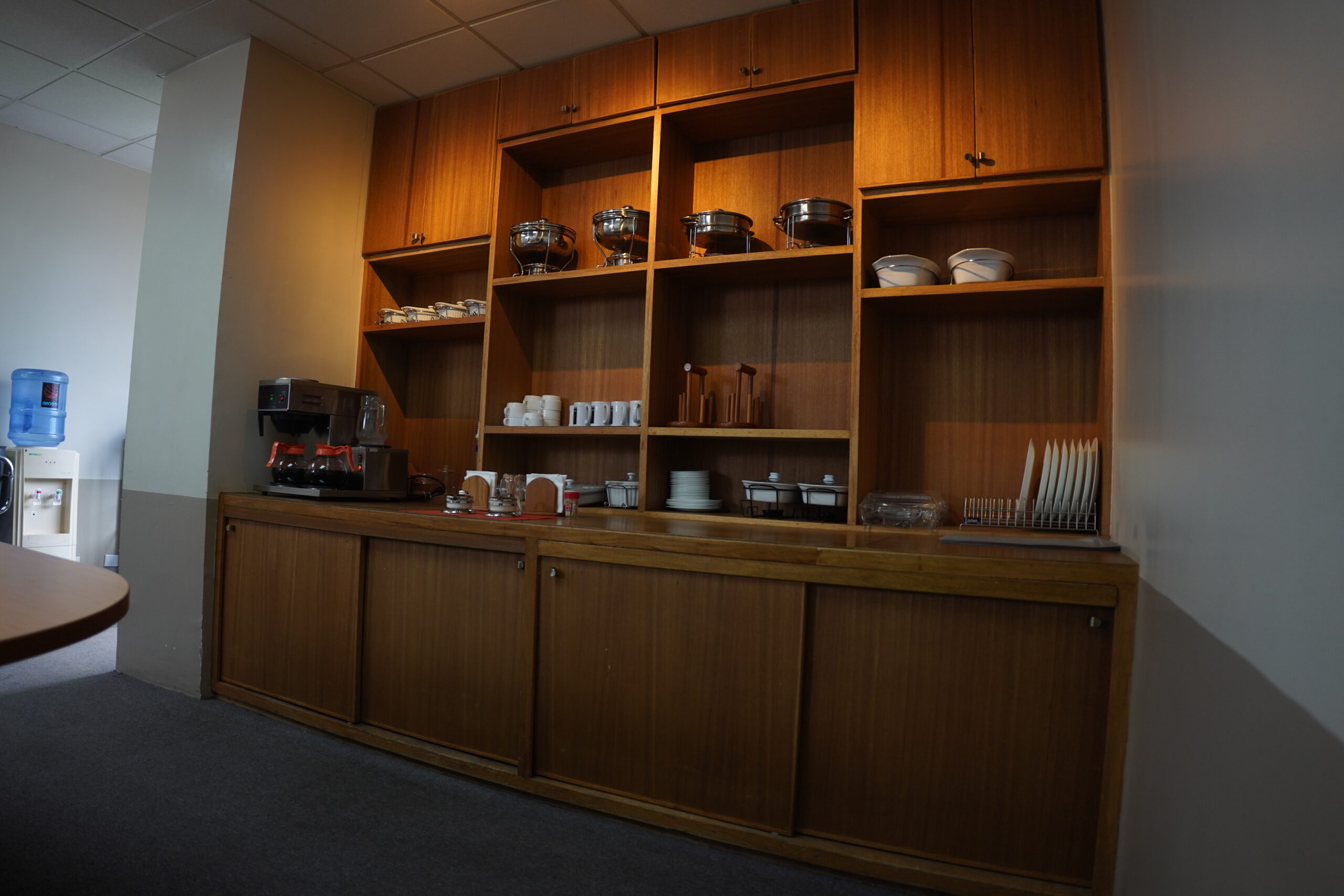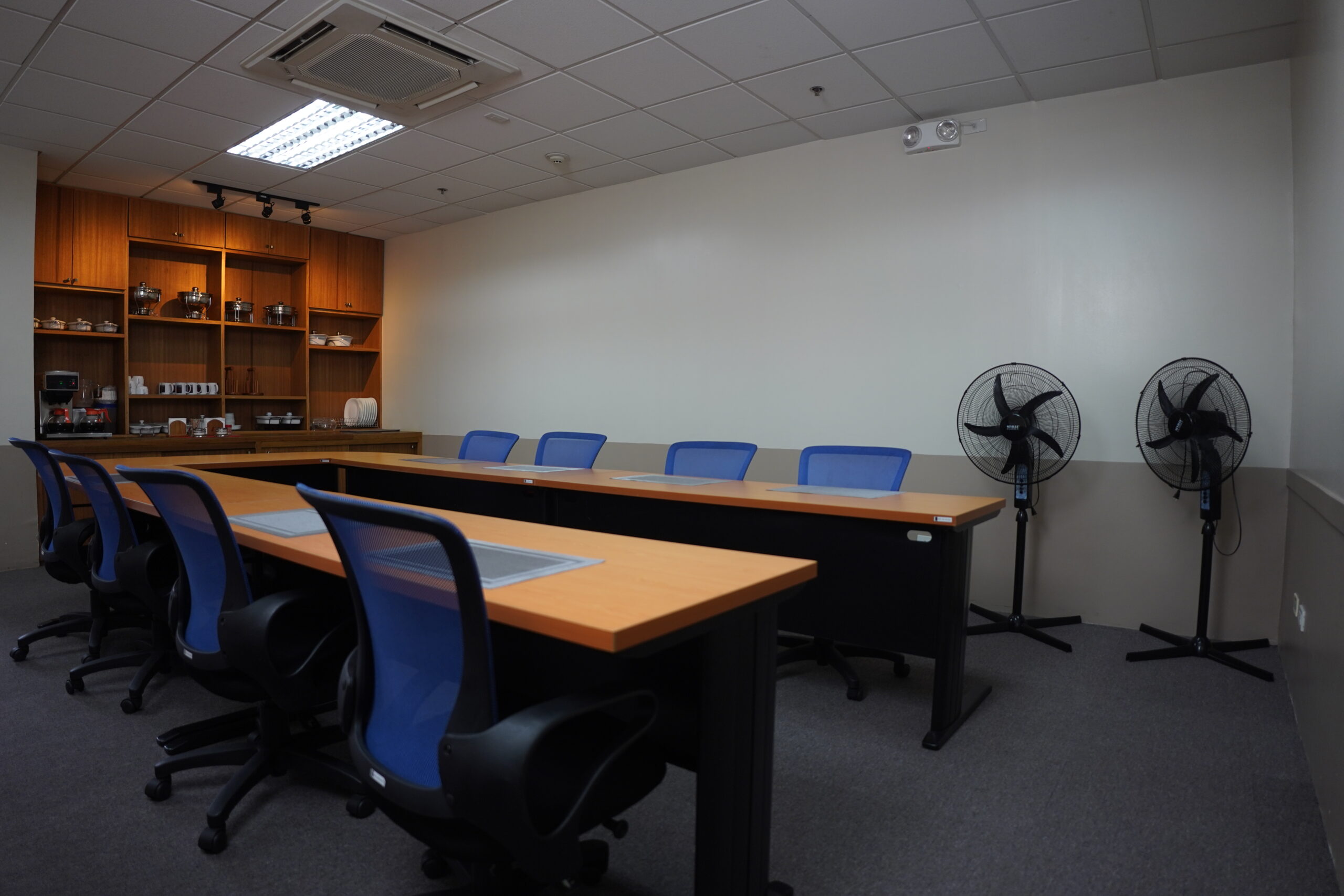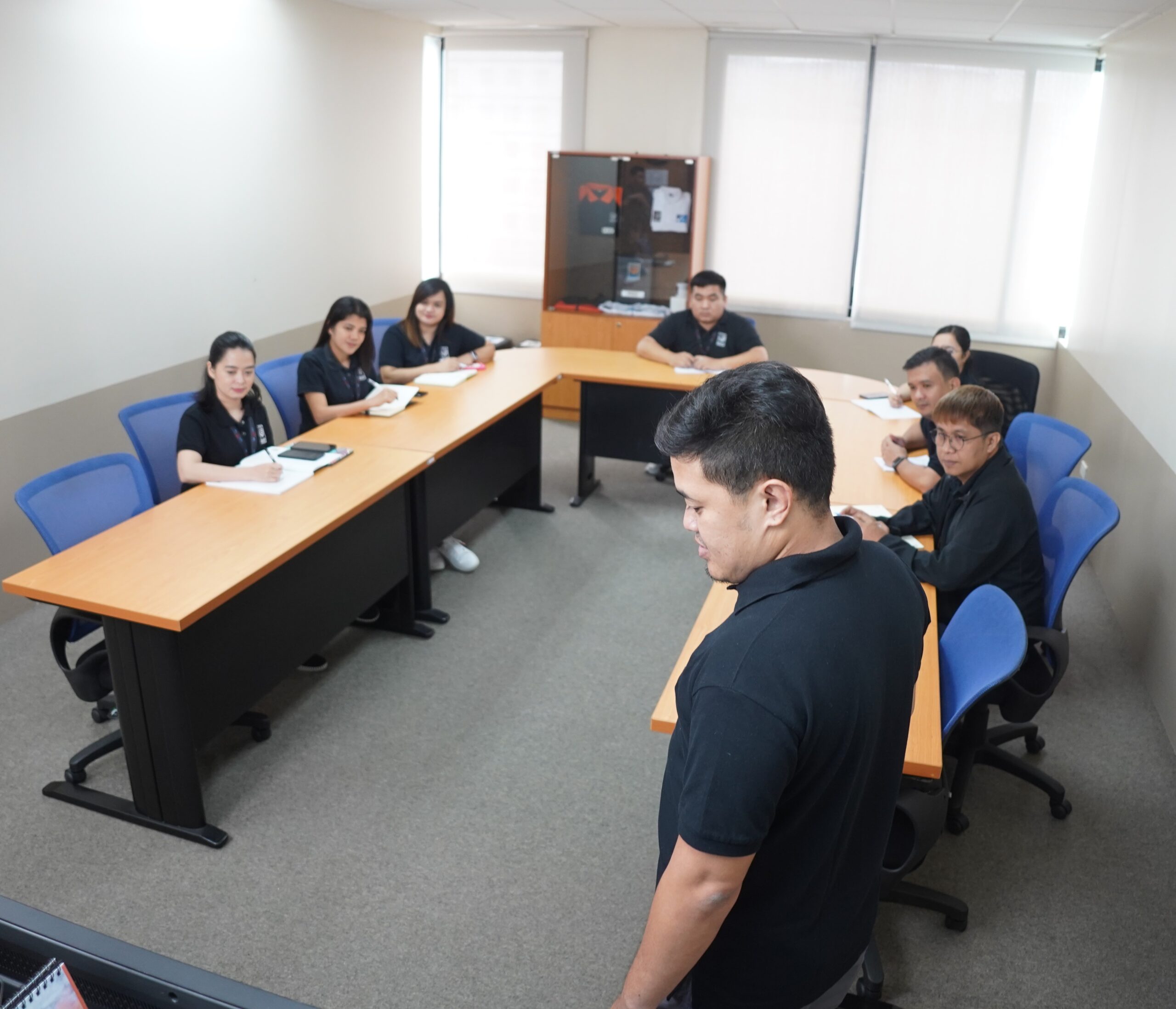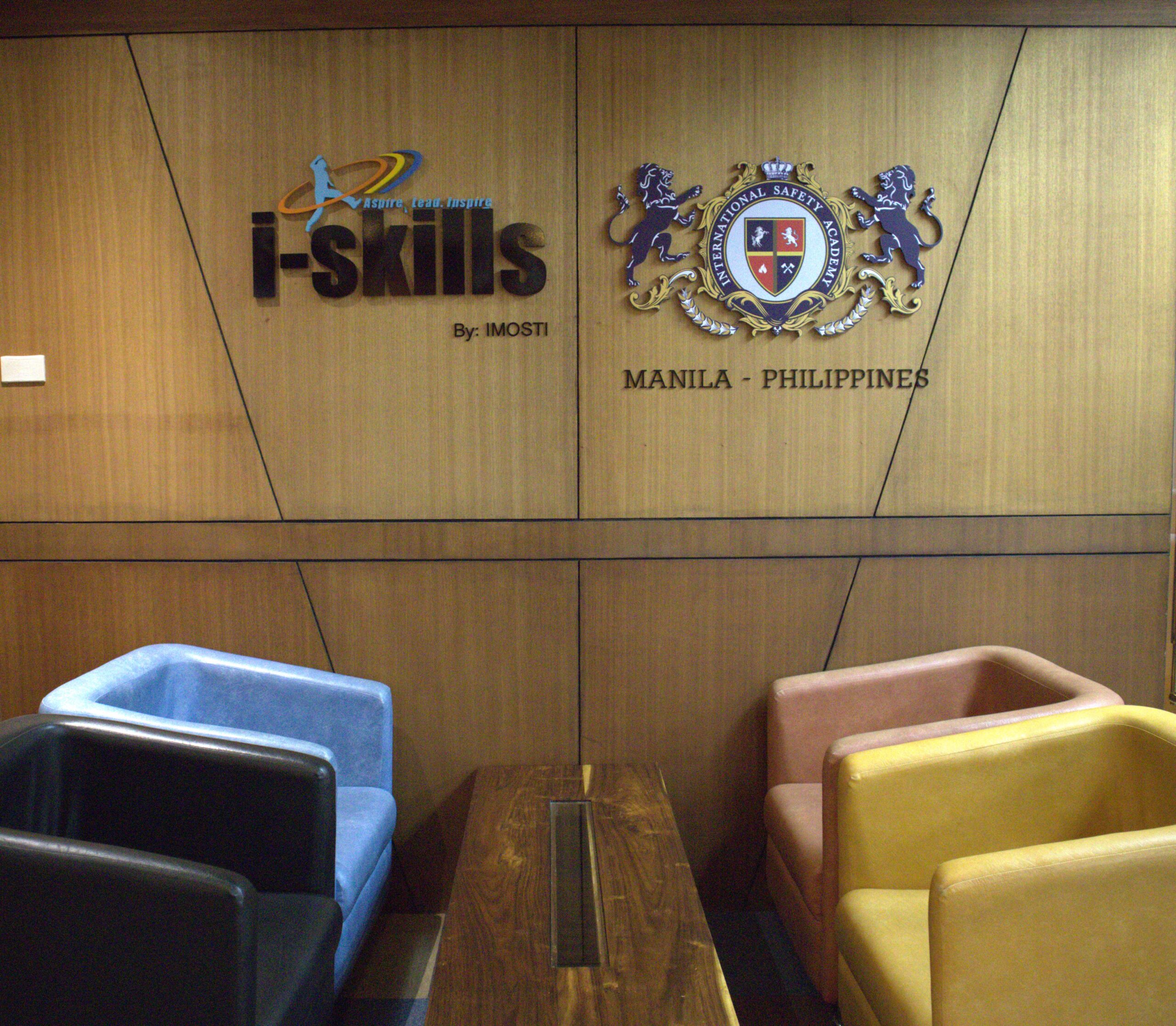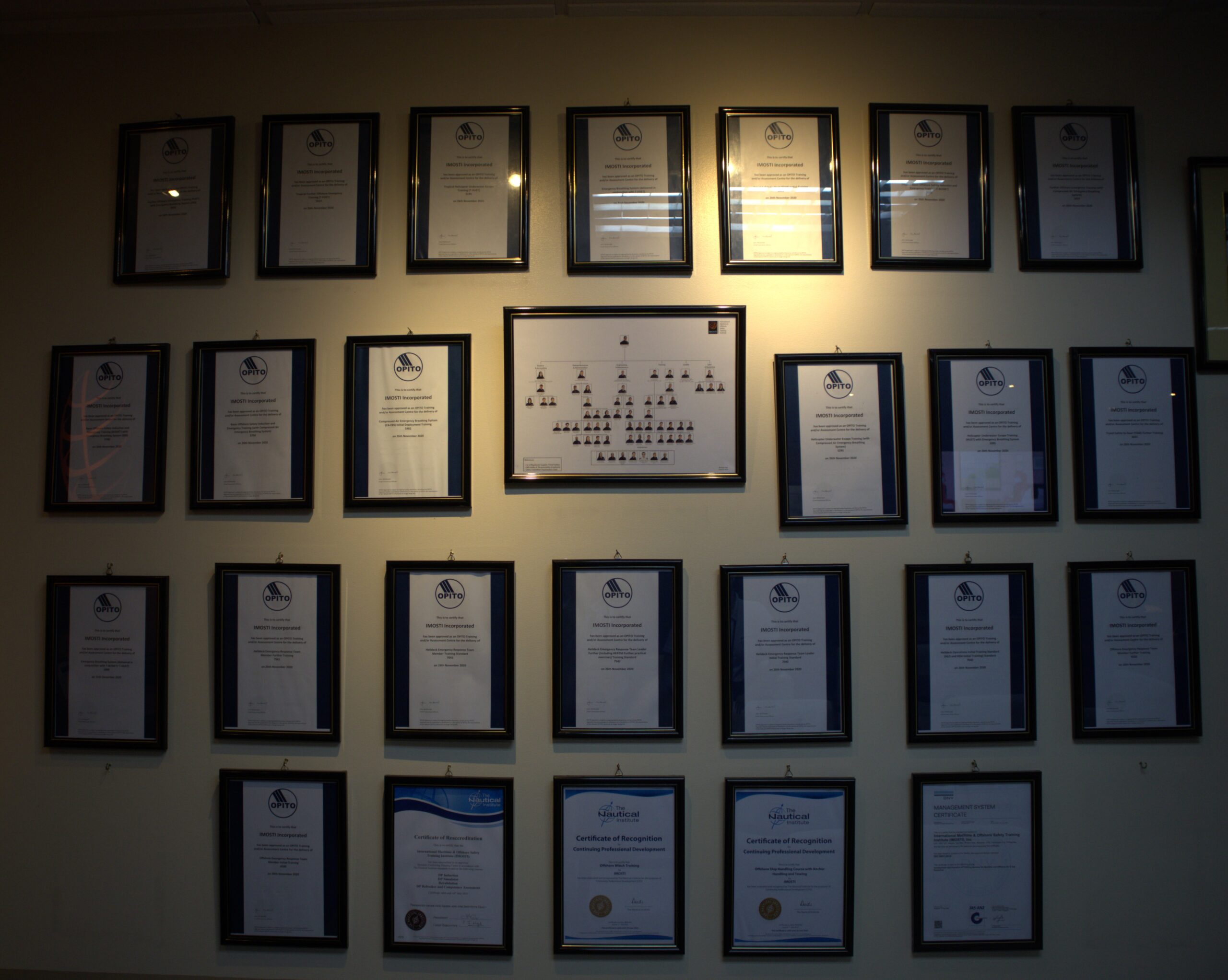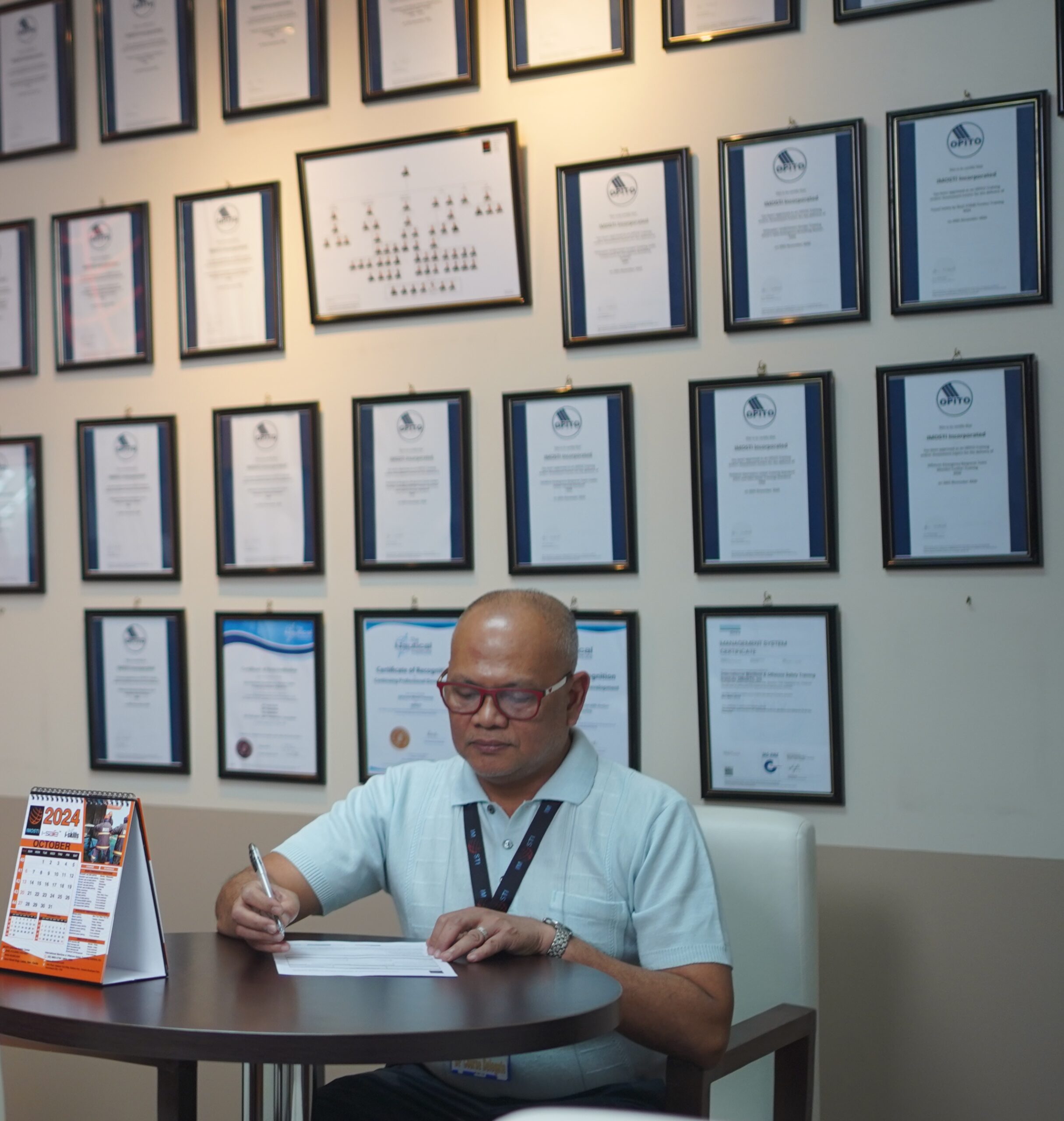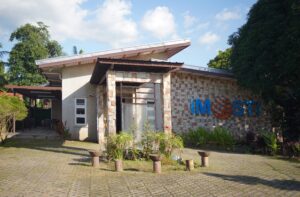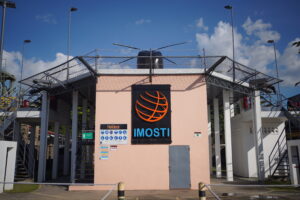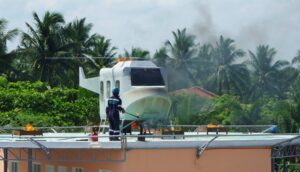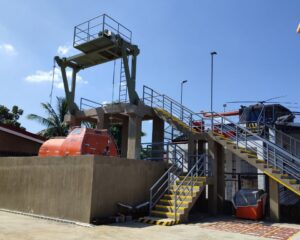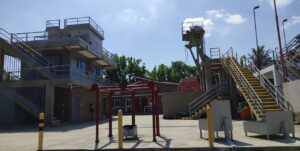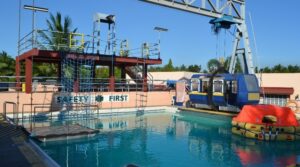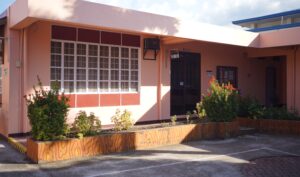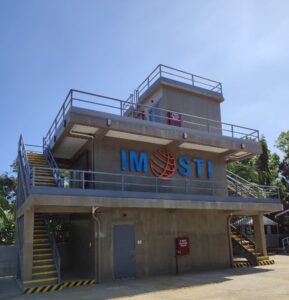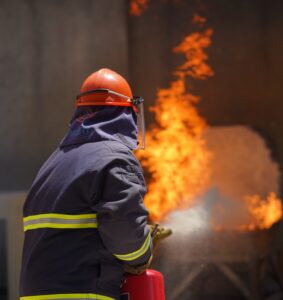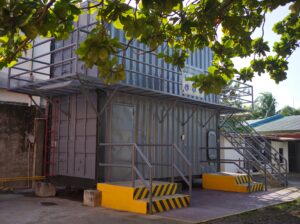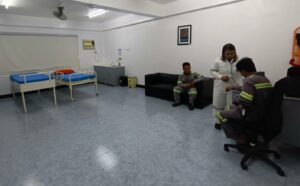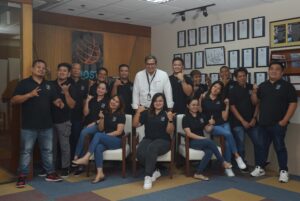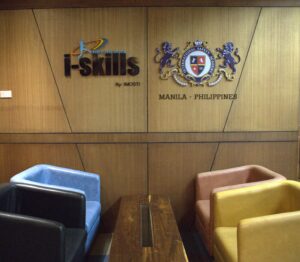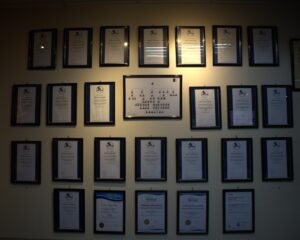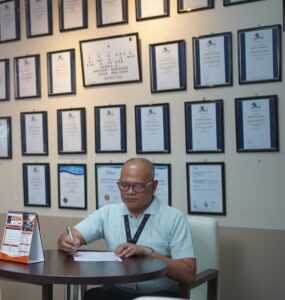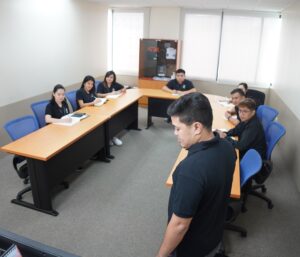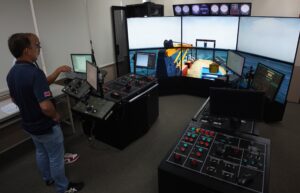GALLERY
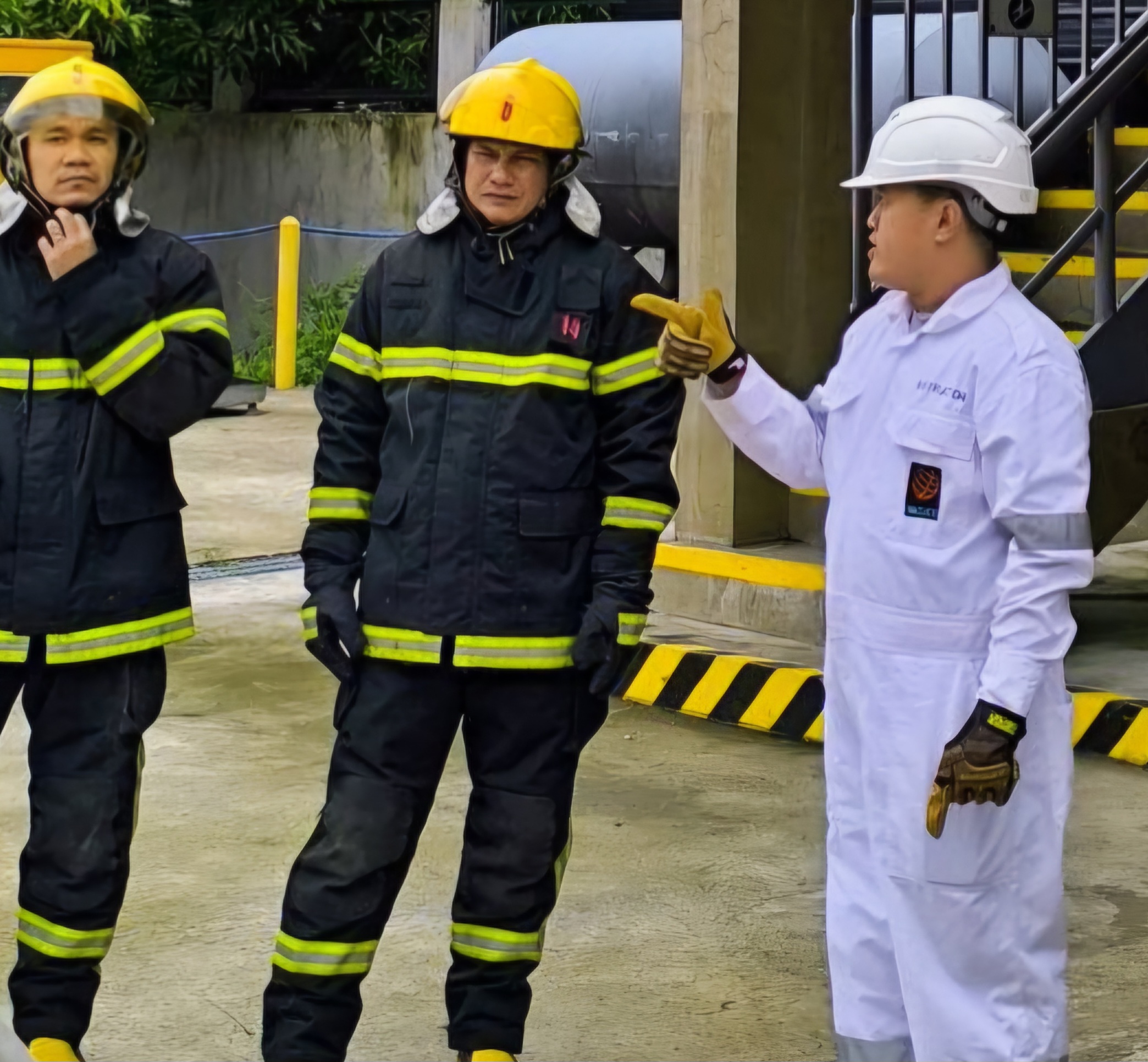
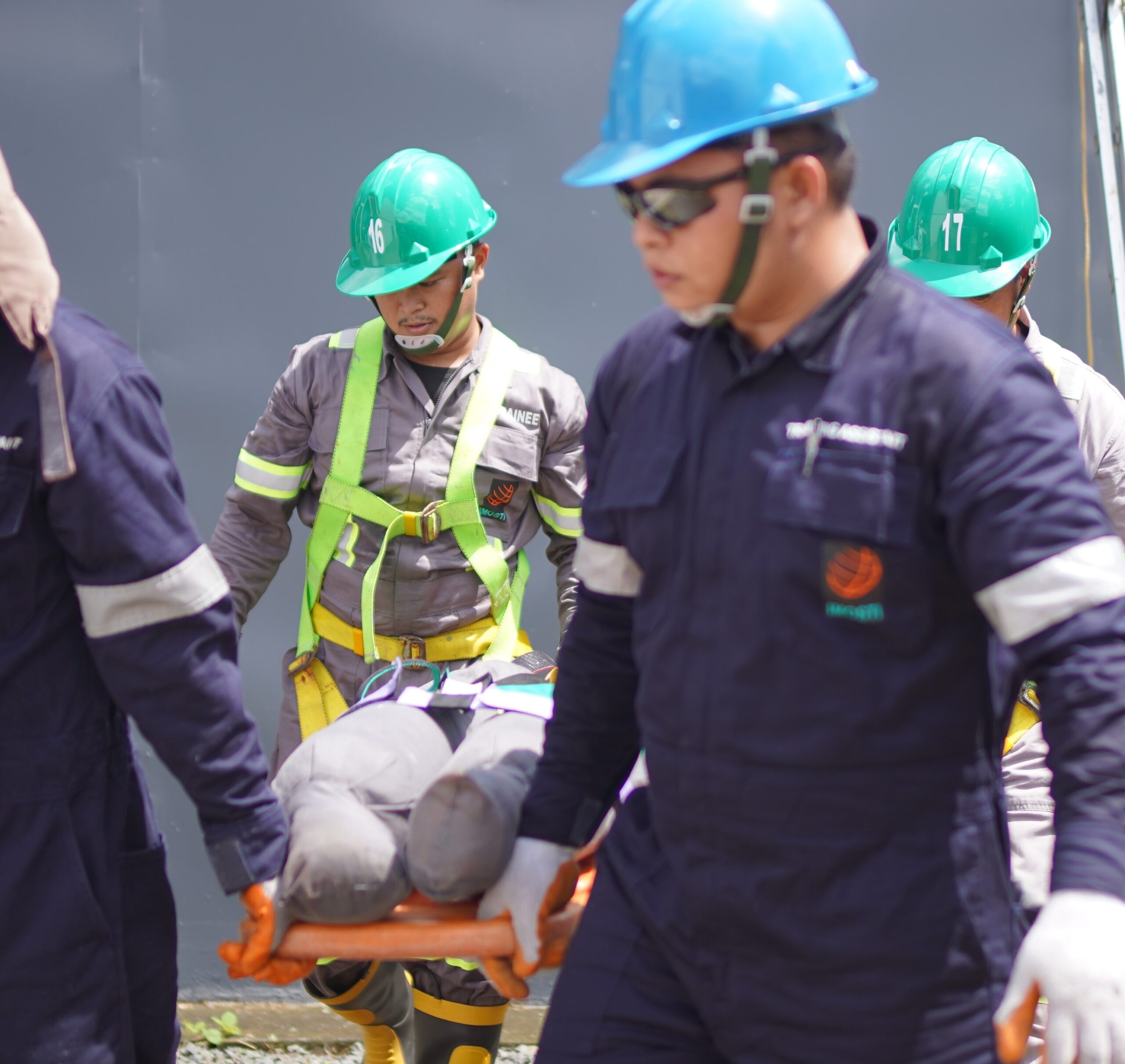
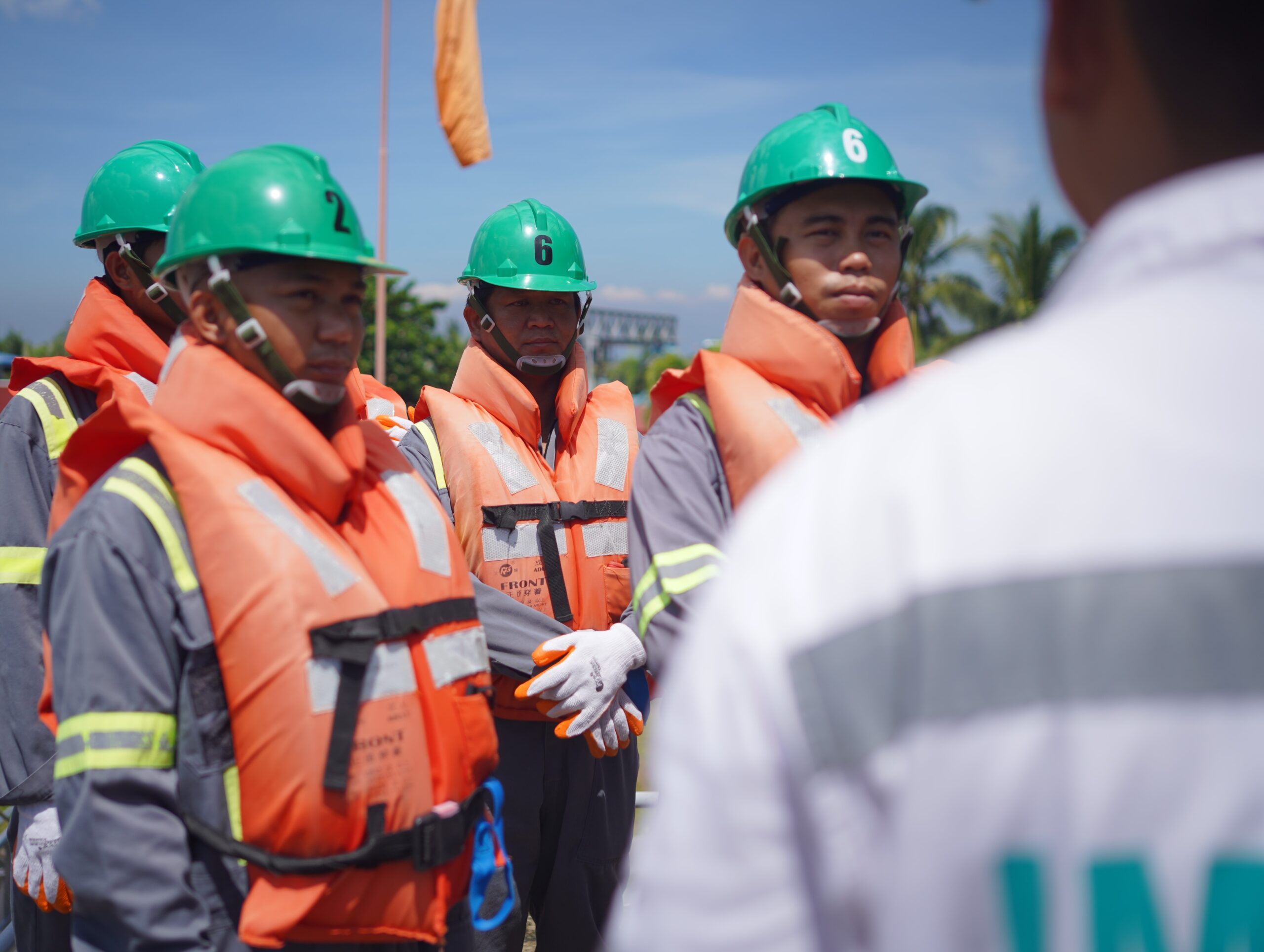

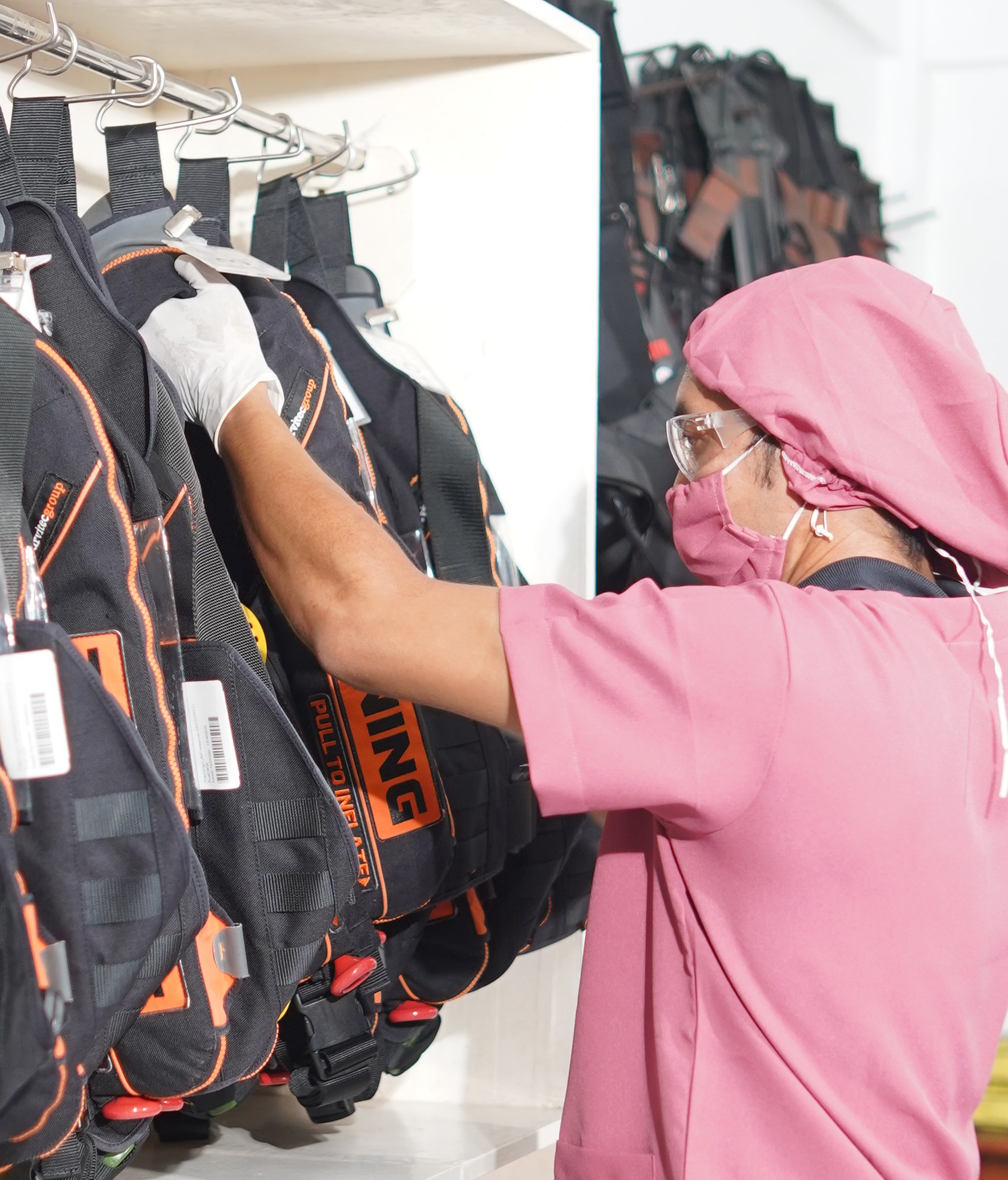
Hazard Identification, Risk Assessment and Control (HIRAC)
Hazard Identification, Risk Assessment and Control (HIRAC)
Emergency Preparedness
Emergency Preparedness
Personal Protective Equipment (PPE)
Personal Protective Equipment (PPE)
Incident Reporting and Investigation
Incident Reporting and Investigation
Regular Equipment Maintenance and Inspection
Regular Equipment Maintenance and Inspection





Hazard Identification, Risk Assessment and Control (HIRAC)
Hazard Identification,
Risk Assessment and
Control (HIRAC)
Risk Assessment and
Control (HIRAC)
Emergency Preparedness
Emergency
Preparedness
Preparedness
Personal Protective Equipment (PPE)
Personal Protective
Equipment (PPE)
Equipment (PPE)
Incident Reporting and Investigation
Incident Reporting
and Investigation
and Investigation
Regular Equipment Maintenance and Inspection
Regular Equipment
Maintenance
and Inspection
Maintenance
and Inspection
KEY SAFETY PROTOCOLS
International Maritime Offshore Safety Training Institute (IMOSTI, Inc.), adheres to key safety procedures and industry standards such as OPITO and NI to ensure the highest level of safety and compliance in our training and operations. Here are some of the key safety procedures we follow:

Hazard Identification, Risk Assessment and Control (HIRAC)
- Continuous evaluation of potential risks in training environments and operations.
- Proper documentation and communication of identified hazards

Incident Reporting and Investigation
- Procedures for reporting incidents, near misses, and unsafe practices.
- Investigations to prevent recurrence and improve safety measures.

Personal Protective Equipment (PPE)
- Enforcement of strict PPE usage, such as hard hats, life jackets, fire-resistant clothing, and safety boots.
- Routine checks to ensure PPE is maintained and functional.

Emergency Preparedness
- Regular drills for fire, medical emergencies, and other hazardous situations.
- Emergency response plans, including evacuation procedures and first-aid protocols.
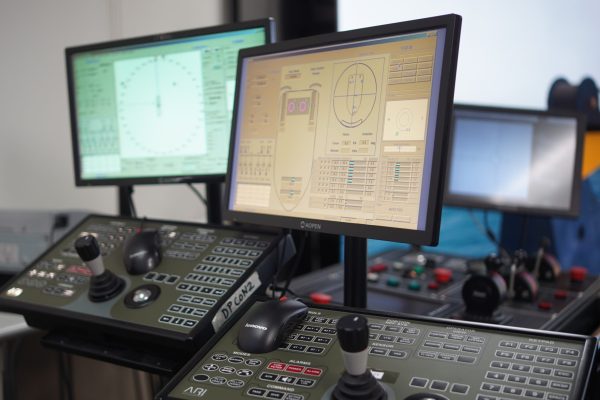
Permit to Work System
- Ensuring all hazardous activities (e.g., confined space entry, working at height) are done under a permit-to-work system to monitor and control high-risk tasks.

Regular Equipment Maintenance and Inspection
- Inspection and maintenance schedules for training equipment to avoid malfunctions or accidents.
- Ensuring all safety equipment is compliant with the latest safety standards.
KEY SAFETY PROTOCOLS
International Maritime Offshore Safety Training Institute (IMOSTI, Inc.), adheres to key safety procedures and industry standards such as OPITO and NI to ensure the highest level of safety and compliance in our training and operations. Here are some of the key safety procedures we follow:

Hazard Identification, Risk Assessment and Control (HIRAC)
- Continuous evaluation of potential risks in training environments and operations.
- Proper documentation and communication of identified hazards

Emergency Preparedness
- Regular drills for fire, medical emergencies, and other hazardous situations.
- Emergency response plans, including evacuation procedures and first-aid protocols.

Personal Protective Equipment (PPE)
- Enforcement of strict PPE usage, such as hard hats, life jackets, fire-resistant clothing, and safety boots.
- Routine checks to ensure PPE is maintained and functional.

Permit to Work System
- Ensuring all hazardous activities (e.g., confined space entry, working at height) are done under a permit-to-work system to monitor and control high-risk tasks.

Incident Reporting and Investigation
- Procedures for reporting incidents, near misses, and unsafe practices.
- Investigations to prevent recurrence and improve safety measures.

Regular Equipment Maintenance and Inspection
- Inspection and maintenance schedules for training equipment to avoid malfunctions or accidents.
- Ensuring all safety equipment is compliant with the latest safety standards.
